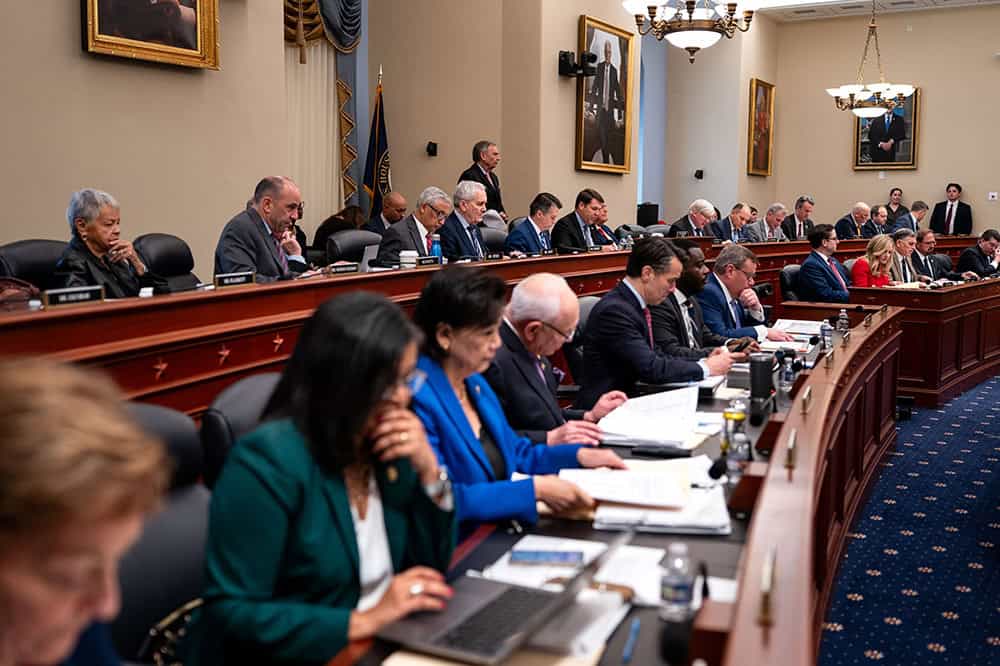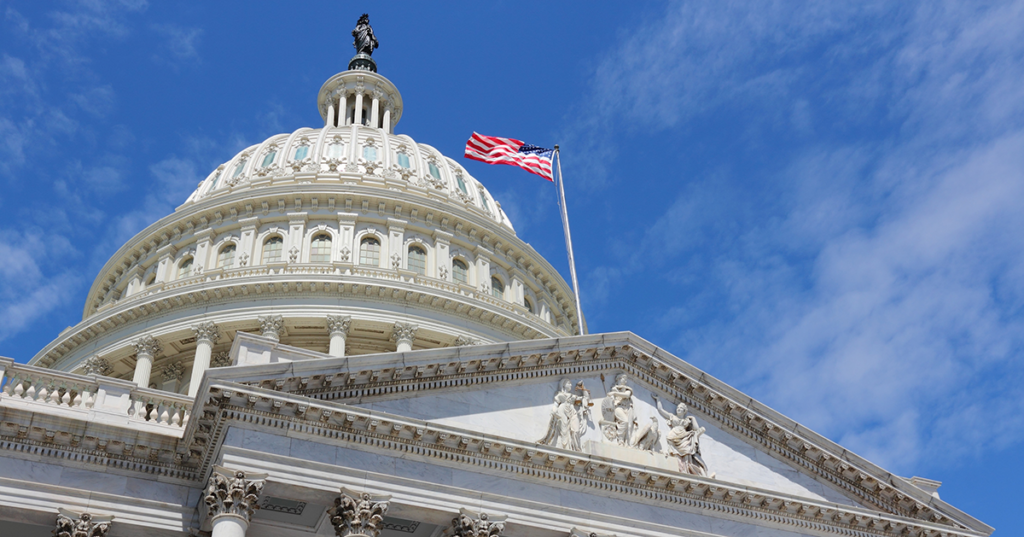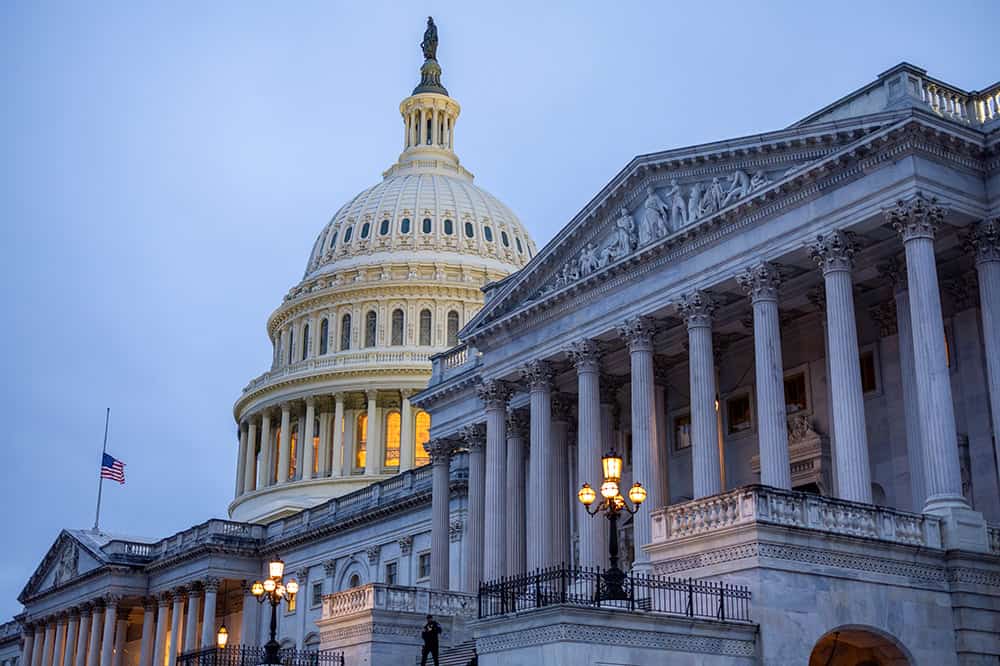U.S. Population Growth Is Slowing Down — Here’s What That Means for the Federal Budget
Understanding how demographic challenges contribute to the United States’ fiscal challenges can help policymakers adopt fiscally sustainable policies.
Read MoreFull Array of Republican Tax Cuts Could Add $9 Trillion to the National Debt
Fully extending the TCJA would cost approximately $5.0 trillion, while other elements of the Republican tax agenda also have large price tags over ten years.
Read MoreUnderstanding the Federal Budget
The federal budget is more than just a set of numbers. Learn about revenues, spending, and the budget process.
Read MoreWhy Do Budget Baselines Matter?
Applying the current-policy baseline would not only be fiscally irresponsible in terms of this year’s tax debate, but it would set a dangerous precedent for the future.
Read More7 Key Facts About Rising Healthcare Spending in the U.S.
Healthcare spending in the United States is a key driver of the nation’s fiscal imbalance and has risen notably over the past few decades.
Read MoreHere’s What a Budget Gimmick Is and How to Spot One
Lawmakers should avoid the use of budget gimmicks, which can hide the true fiscal impact of legislation.
Read MoreWhat Is the Farm Bill, and Why Does It Matter for the Federal Budget?
The Farm Bill provides an opportunity for policymakers to comprehensively address agricultural, food, conservation, and other issues.
Read MoreSocial Security Reform: Options to Raise Revenues
Here are the pros and cons for three approaches to increasing funds dedicated to Social Security.
Read MoreWhat Is Inflation and Why Does It Matter?
Here’s an overview of inflation, why it matters, and how it’s managed.
Read MoreShould the U.S. Change the Corporate Tax Rate in 2025?
Here’s why lawmakers lowered the corporate tax rate in 2017, how the lower rate impacted the U.S., and how the rate might be reformed in 2025.
Read More








